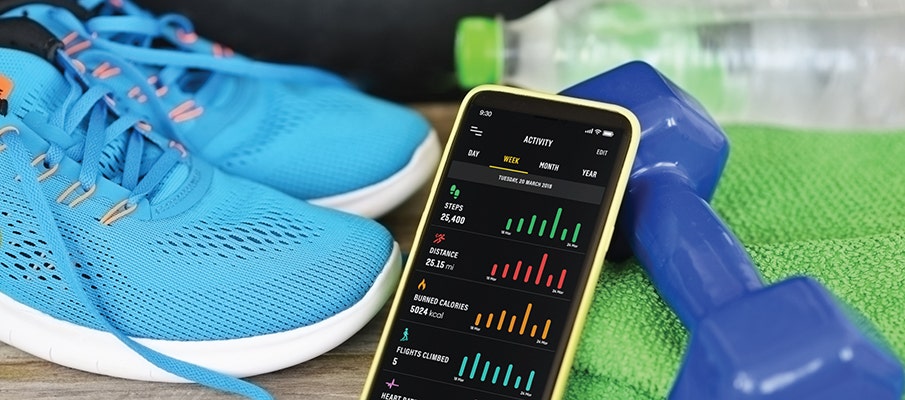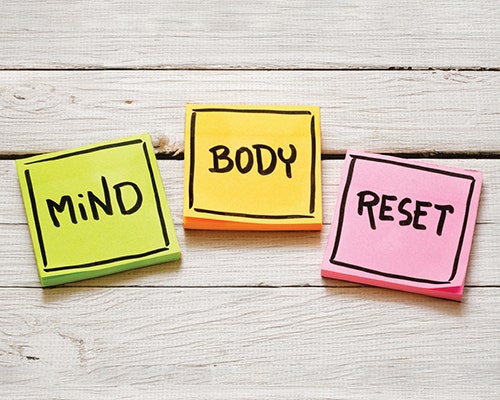Tracking Your Progress: Why it Matters for Your Health Goals
- 12/11/23


When you first take steps toward health and wellness goals, it’s exciting. Thinking about what’s to come and what your life will look like on the other side can be motivating and fun to imagine.
In order to see your successes happen and keep going, it’s imperative to measure and monitor your progress. This allows you to identify how close you are to achieving certain goals and keep track of milestones on your way. It also helps you keep track of what’s challenging you and potentially holding you back from success.
In this article, we’re breaking down practical strategies for tracking your health goals effectively. Let’s make sure that your vision of optimal well-being becomes a tangible reality you can celebrate for the long haul.
Identifying Appropriate Health Metrics
Making your goals measurable is essential. If you have no metrics, how are you supposed to know how far you’ve come since you started? The metrics you track will depend on the goals you’ve created.
For example, if your goal is to lose fat and gain muscle, your metrics might include weight and body composition. It might also include checking in to see how tight or loose your clothing feels when you put it on. If your goal is to improve your heart health, you might be checking your abdominal girth, cholesterol levels, or taking home blood pressure measurements.
If you’re not sure how to determine the best measurables for your goal, it may be helpful to consult with a healthcare professional. They can help you identify what types of personalized metrics make the most sense to track, how often, and whether you can monitor them at home.
Establishing a Baseline
The first step in tracking your goal metrics is to establish your baseline. This is important because these metrics represent where you were when you just started out. You’ll be able to look back at these measurements and see just how much progress you’ve made.
Some of the ways you can assess your current health status include:
- Medical assessments, like annual blood work and a physical to check body composition and overall health
- Fitness assessments, like a timed run, a situp challenge, or a strength test, depending on what your goals are
- Psychological check-ins to assess your mental and emotional health at baseline
Accountability and Tracking Progress
Once you’ve collected your baseline metrics, it’s time to start tracking your progress. There are several ways to do this depending on your preferences. You might keep a journal, where you write down metrics as well as notes about how you’re feeling and any other important factors. You could also do this digitally, by downloading an app that can help you track progress.
Making moves in your health and wellness is always easier when you have a friend or community to lean into. If you know anyone else who is pursuing similar goals, consider meeting up and working on things together. Or, create a group chat where you can share advice about running, recommend your favorite protein powder, or celebrate a small win.
Remember that progress is rarely linear. Rather than getting stuck or discouraged about small trends or dips, keep the larger picture in mind as you move forward. The most important thing is to be consistent and track progress regularly.
Measure Your Successes
Achieving a health goal is more than just reaching the end — it’s also where you started and how you got there. While the journey can be long for certain goals, what’s important is staying consistent and celebrating the progress that you make. Through effective goal setting and then continuous tracking (and celebrating) of milestones, you’ll be on your way to a healthier and more fulfilling life!
References
-
Michos ED, Khan SS. Further understanding of ideal cardiovascular health score metrics and cardiovascular disease. Expert Rev Cardiovasc Ther. 2021;19(7):607-617. doi:10.1080/14779072.2021.1937127





